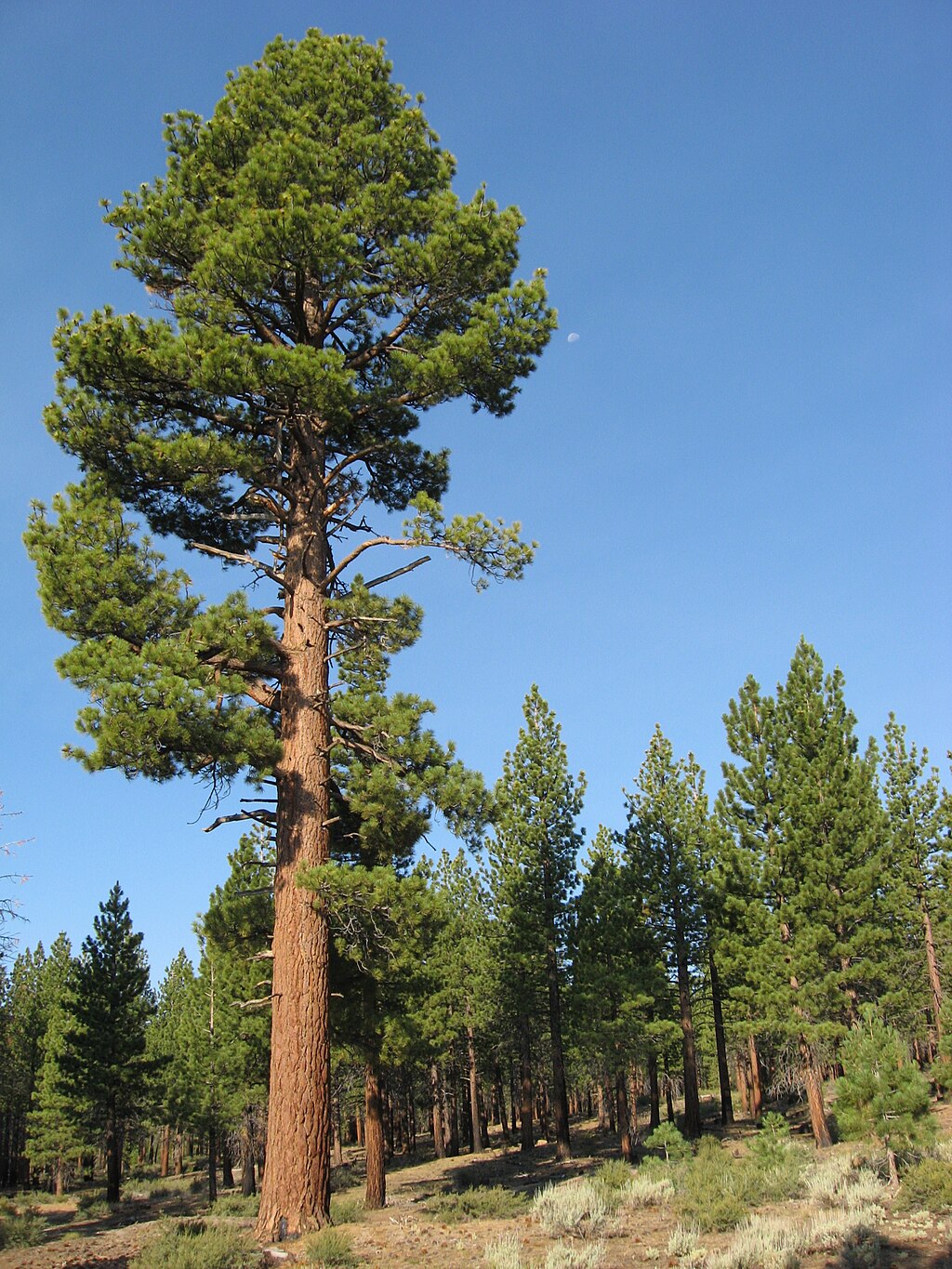Here's another poem unpublished during the lifetime of Clark Ashton Smith (CAS) and not available on The Eldritch Dark, so let's dig into the text itself:
O sun and stars, to what strange far-off end
What final fate tremendous and supreme,
Is ordered thy stupendous, awful scheme?
Whereto do all the ceaseless orbits tend,
Aphelions wherein the planets wend
To distances remote? What is His dream,
In which thy hosts to some far purpose gleam,
The use whereto He doth the systems bend?
How vast and all embracing is this plan
That wondrous, far-flung scheme we may not see--
Too bright, perhaps, its glory for our eyes!
Conceived ere Time and Space for us began.
May e'er men hope to pierce the mystery
And learn at last the secret of the skies?
Right away, this sonnet captures my attention with presumed references to a deity. Among the early poems of CAS that I have read so far, spiritual sentiments are widespread, but religious sentiments have not been much in evidence. But I think "The Hosts of Heaven" still fits into that profile, since the voice in this poem expresses the wonder inspired by celestial phenomenon that is really a universal part of the human experience.
One could almost choose to give this poem a reading that embraces the dissection of mystery implied by the sciences, with the last two lines suggesting that goal: "May e'er men hope to pierce the mystery / And learn at last the secret of the skies?" I won't pursue that thought too far since the appreciation of poetry can suffer from over-reading, but it's an interesting yearning coming from a writer like CAS who was comfortable with embracing and celebrating the unknown.
One could almost choose to give this poem a reading that embraces the dissection of mystery implied by the sciences, with the last two lines suggesting that goal: "May e'er men hope to pierce the mystery / And learn at last the secret of the skies?" I won't pursue that thought too far since the appreciation of poetry can suffer from over-reading, but it's an interesting yearning coming from a writer like CAS who was comfortable with embracing and celebrating the unknown.




